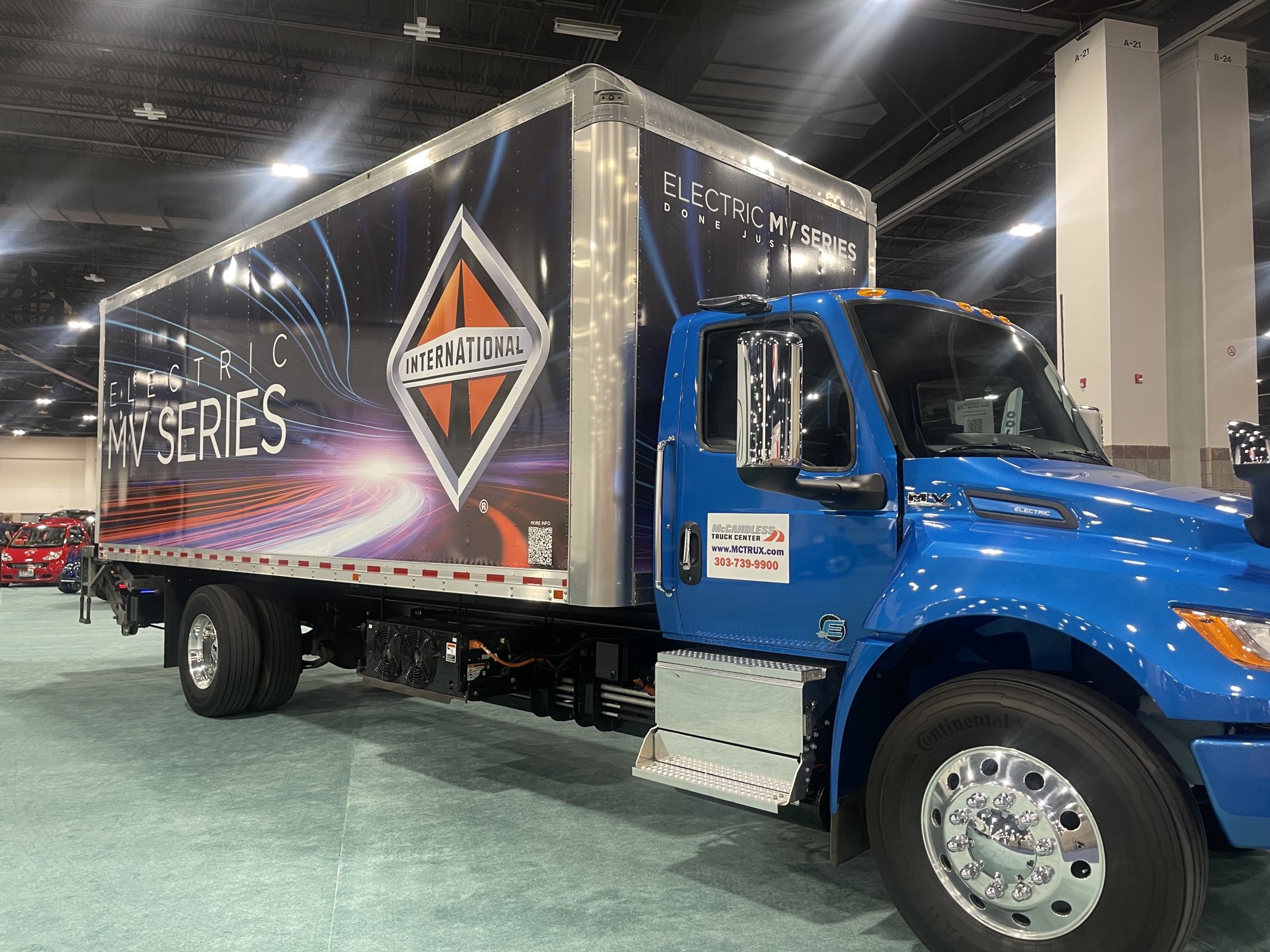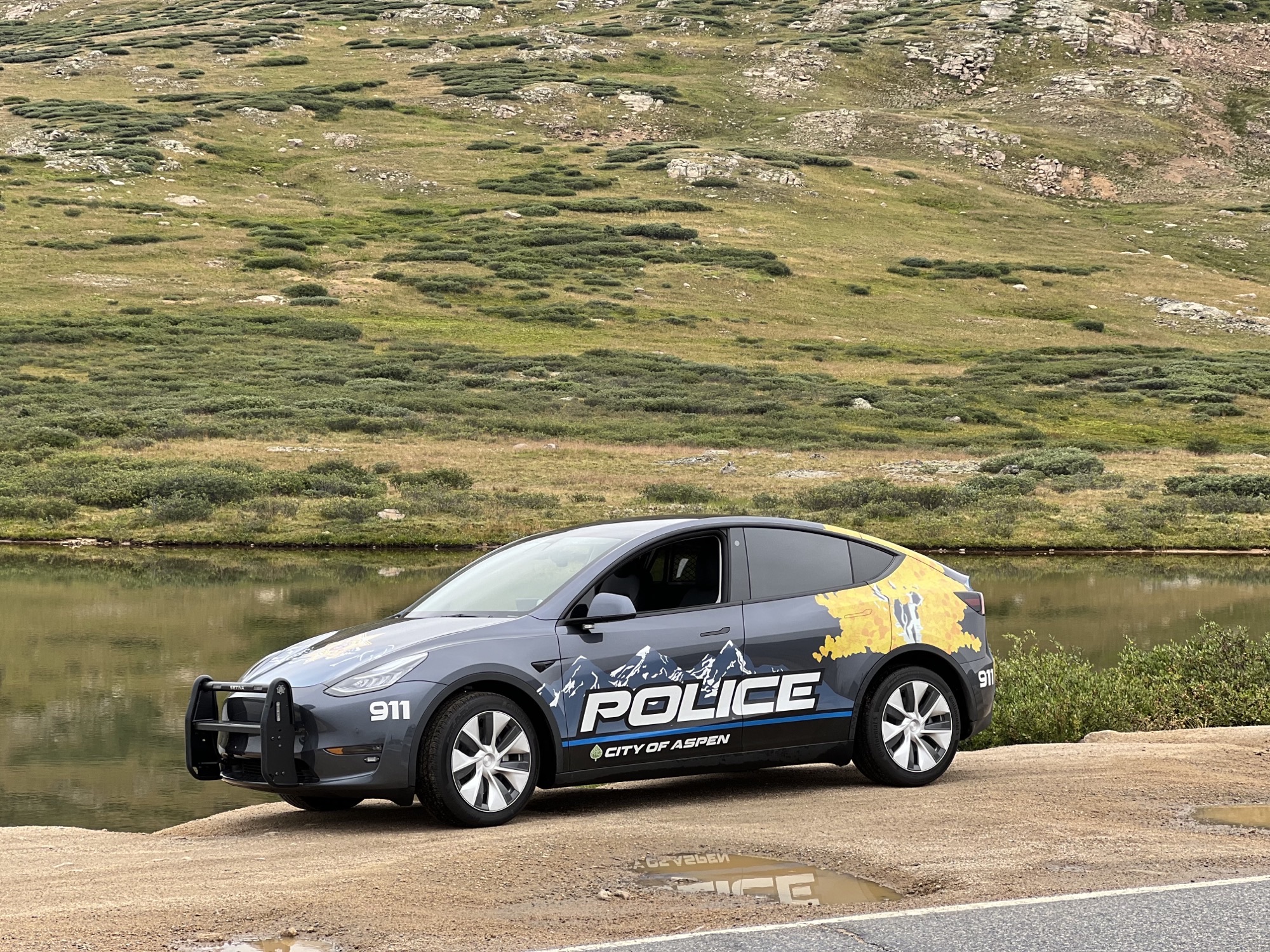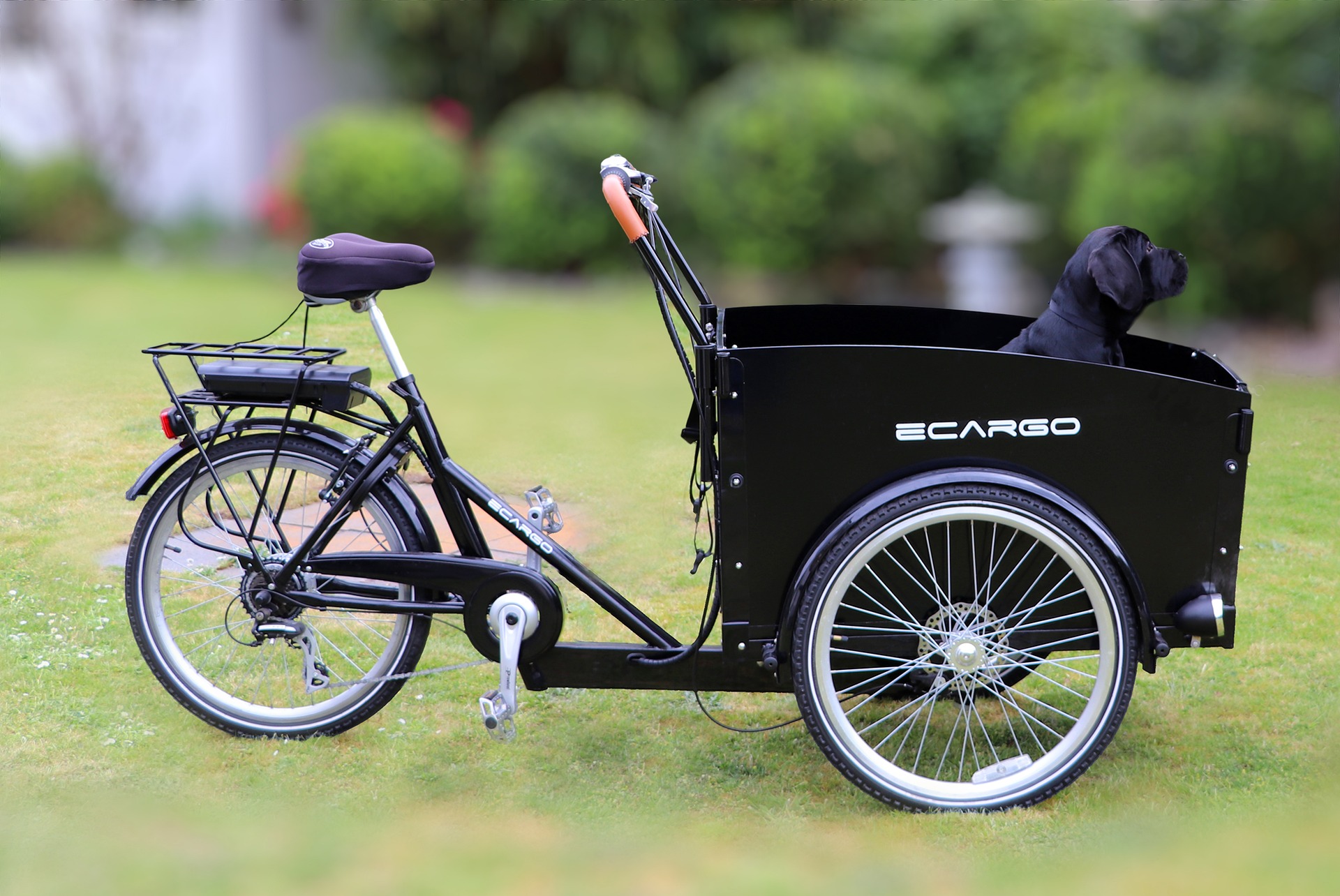
Colorado may adopt Advanced Clean Trucks rule
On April 21, 2023 the AQCC in Colorado will vote to adopt the Advanced Clean Trucks and Low NOx rules, which would advance the market for zero-emission medium and heavy-duty trucks while making significant improvments in air quality and community health statewide.
Updated

This week, the Air Quality Control Commission (AQCC) will vote to adopt the Advanced Clean Truck (ACT) rule and Low-Nitrogen Oxides Omnibus (Low NOx) rules. The rules will help shift the market around medium and heavy duty electric trucks while making a significant impact on the state’s emission reduction goals by reducing NOx emissions by 90% below current standards for trucks sold in model years 2027 and beyond – creating healthier communities with better air quality statewide.
Medium and heavy-duty vehicles include city delivery vans, mini buses, full size pickup trucks, city transit buses, high profile semis, refrigerated trucks, semi sleepers, and tour buses among others (though vehicles like off-road construction equipment, tractors and agricultural equipment, and regular size pickup trucks are not included).
The ACT rule requires manufacturers of trucks, buses, and vans to make a certain percentage of new sales zero-emission vehicles. Beginning in 2027, the percentages will ramp up through 2035. The rule ensures that small businesses like florists, landscapers, and caterers who currently have limited options for low or zero-emission vehicles have more, affordable options in coming years. This will help businesses capitalize on the fuel and maintenance savings offered by electric vehicles while reducing air pollution, especially for communities located along major freight or delivery routes.
The Low NoX rule will require gas-powered trucks to have cleaner emissions, providing some immediate relief for Colorado’s severe air pollution. The rule will also improve the testing of vehicle engines and extend engine warranties. Nitrogen Oxides are highly reactive, poisonous gasses that are released when trucks, automobiles, and other vehicles (construction equipment, boats, etc.) burn fuel at high temperatures. Breathing air with NOx can irritate airways in the respiratory system, contribute to the development of asthma, and respiratory symptoms like coughing and wheezing.
Nationally, MDHVs account for almost a quarter of all greenhouse gas emissions in the US despite comprising only 5% of all vehicles on the road. Here in Colorado, diesel trucks are responsible for 59% of all NOx emissions and 55% of particulate matter air pollution, despite only representing 10% of total vehicles in Colorado.
In the Denver Metro area, MHDVs account for less than 2% of all vehicle miles traveled, but contribute 24% of on-road NOx emissions.
Public comments are being held Wednesday, April 19th and the rules will be voted on by the AQCC on Friday, April 21st. If passed, Colorado will become the 8th state nationally to adopt this rule, following CA, MA, NJ, NY, OR, WA, and VT. The AQCC should also adopt the Advanced Clean Cars 2 rule later this year, which extends the requirements for manufacturers to sell a certain percentage of electric cars through 2035, later this year.
Topics
Authors
Alexandra Simon
Public Health Advocate, CoPIRG Foundation
Alex is an advocate on Colorado-based campaigns to promote a healthier, cleaner and safer world. She previously served as the Director of Strategic Planning for The Public Interest Network. Alex lives in Denver, where she enjoys hiking, skiing and seeing live music.
Find Out More

Electric vehicle tax credits, discounts, and rebates in Colorado

The auto industry has a sustainability problem. And it’s not just about the environment.

Colorado cities showcase benefits of municipal fleet electrification
